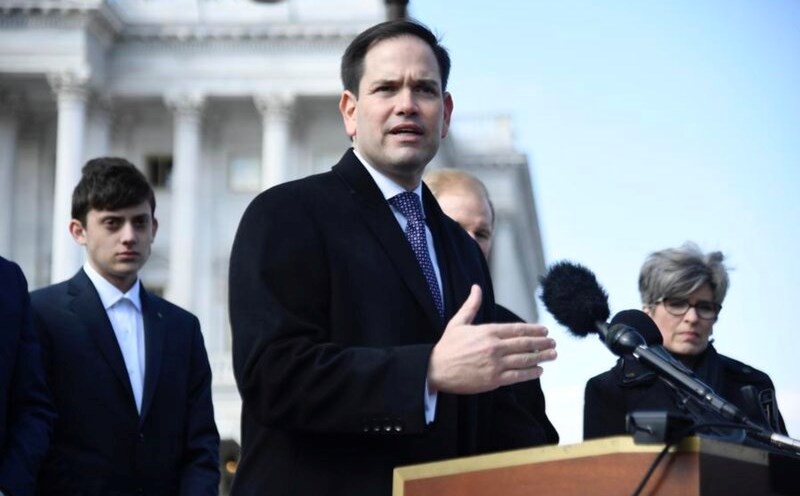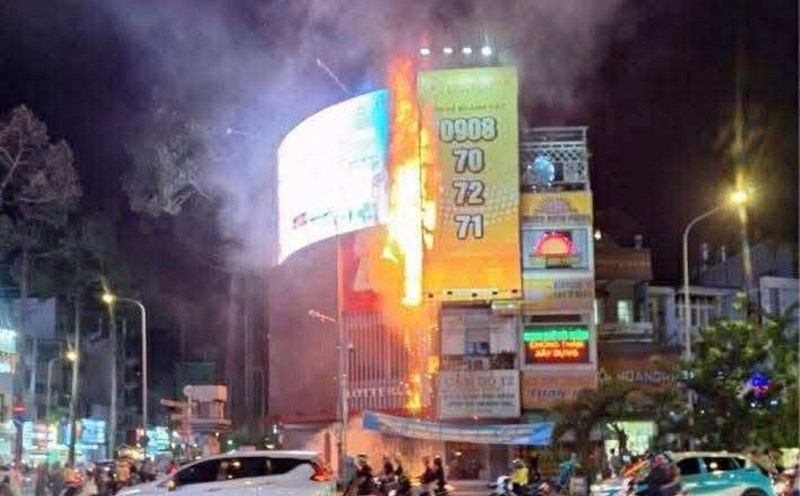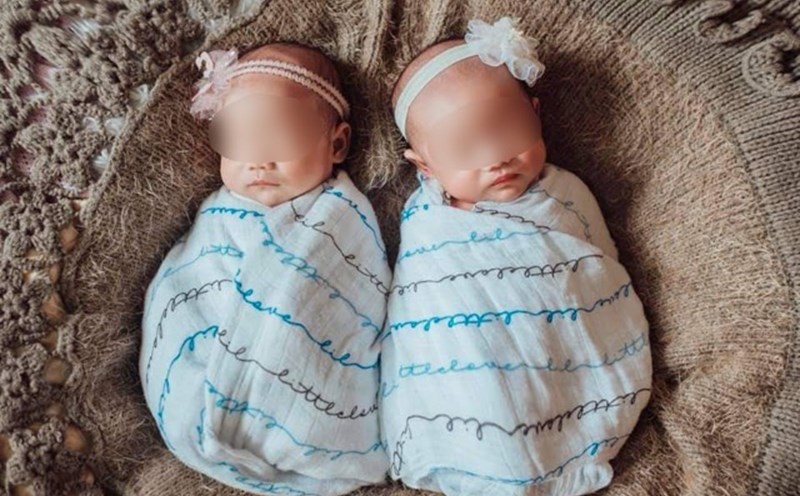On July 10 (local time), the US government announced an expansion of the list of benefits that unlicensed immigrants will not be able to access. This move aims to tighten immigration regulations and prioritize resource allocation for citizens.
According to the Ministry of Health and Human Services, 13 new benefits will be limited, bringing the total number of affected benefits to 44. The expanded list includes preschool education programs for children in difficult circumstances and support services for recovery from substance abuse. These are programs that previously allowed unlicensed immigrants limited access.
This agency said that the adjustment is to comply with the spirit of the 1996 Law on Personal Responsibility and Employment Opportunities. This law clearly stipulates the limits of immigrants in the use of public benefits. However, the policy since 1998 has expanded the scope of access beyond the original plan.
The new regulation will take effect after 30 days of public consultation.
Many opinions are concerned that this move could increase barriers to accessing health and social services for unlicensed immigrants, especially in the context of the community health system facing many challenges.
Since taking office in January, Mr. Trump has identified unregulated immigration as one of the priorities that need to be addressed. Tightening the list of benefits is considered the latest step in the strategy to strengthen law enforcement and national resource management.











